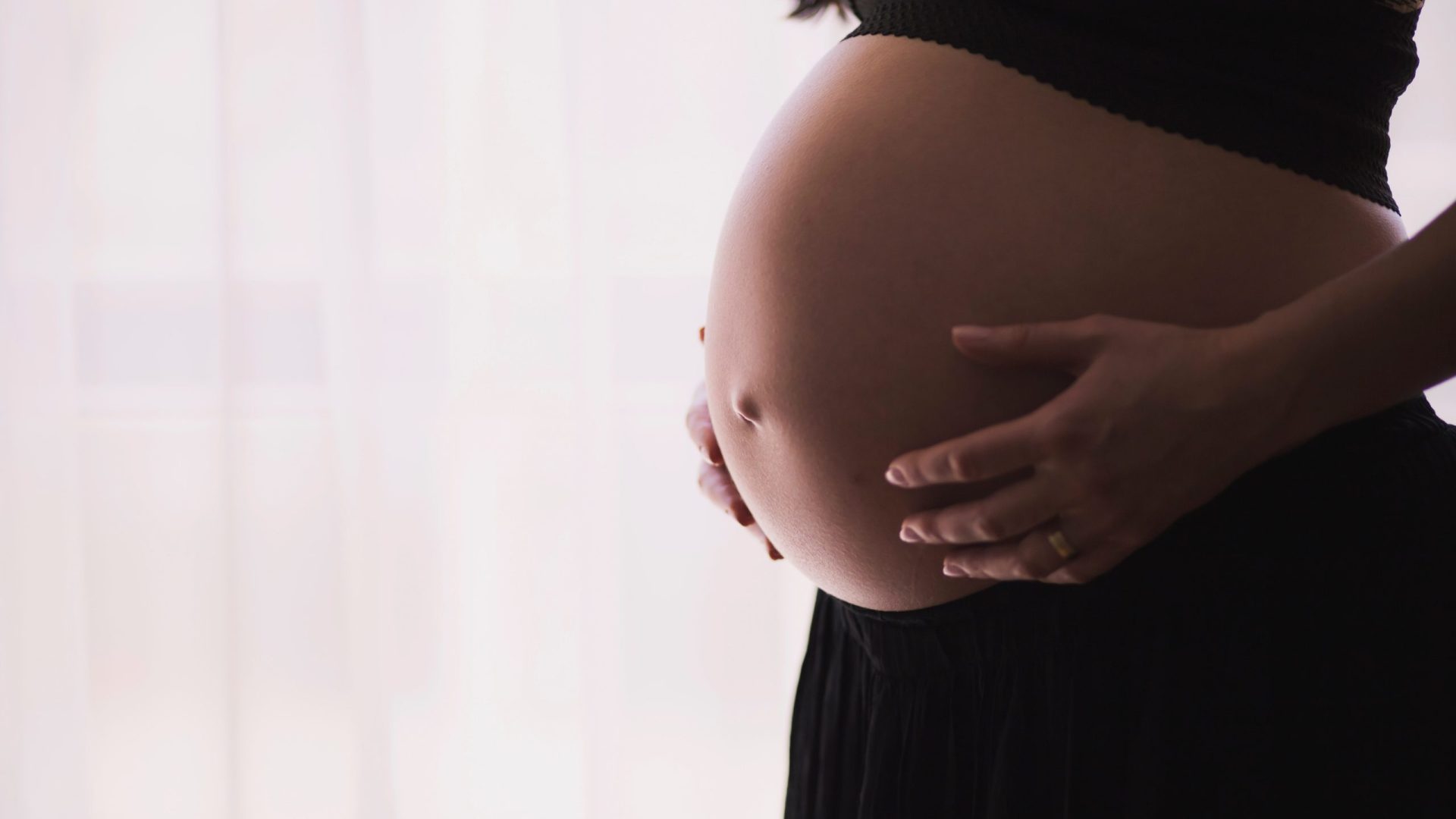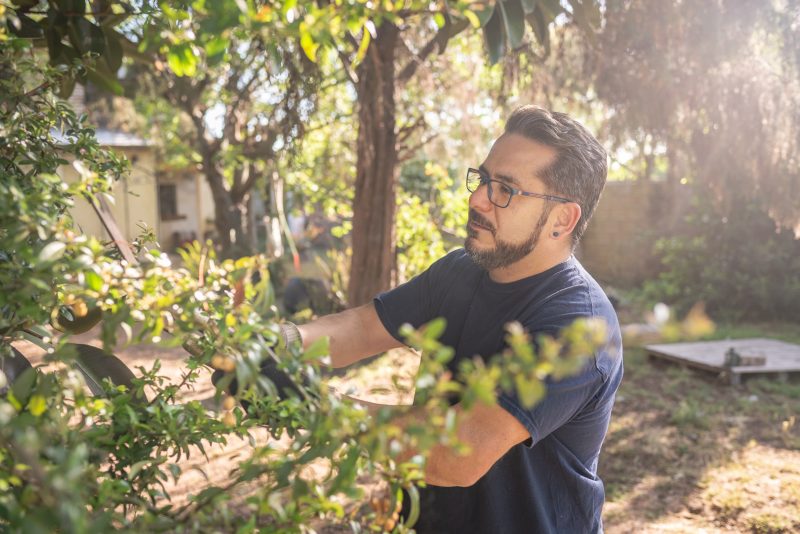If you are pregnant and have been diagnosed with HIV, starting HIV treatment can significantly reduce the risk of HIV being passed on to your baby.
Key things to know
Living with HIV does not have to stop you from being a parent. With effective treatment and care, you can have a baby without passing on HIV.
HIV treatment and your care plan during pregnancy will include:
- Taking HIV medication throughout the pregnancy and continuing the treatment after the birth.
- Depending on your viral load, your doctor will be able to advise you on the safest delivery option between a caesarean section and vaginal delivery.
- Your doctor will prescribe HIV medication to your baby for a few weeks after birth.
If you’re pregnant and found out that you have HIV, it can be a lot to take in. We’re here to support you – get in touch with us for information and advice.
Get in touch
HIV and pregnancy
An HIV test is offered routinely to pregnant people as it is possible for HIV to be transmitted to your baby during pregnancy, delivery and by breast/chestfeeding if you are not currently being treated for HIV. This is also known as vertical transmission.
- During pregnancy, HIV can be passed on to your baby through the placenta via blood.
- During birth, HIV can be passed on to your baby through mucus from your cervix or blood.
- Breast milk can contain HIV; therefore, breast/chestfeeding can increase the risk of HIV transmission to your baby. Being on HIV treatment and having an undetectable viral load reduces the chances of HIV being transmitted via breast milk. However, the British HIV Association (BHIVA) advises that the safest way for a person living with HIV to feed their baby is using formula milk.
Preventing HIV transmission during pregnancy
HIV should not be seen as a barrier to having a baby. If you are on treatment for HIV, the risk of passing HIV onto your baby is extremely small.
There are some precautions you should take which your midwife will discuss with you. These include how the baby will be delivered, feeding options and short-term HIV medication for your baby.
HIV medication and pregnancy
Many HIV drugs are safe during pregnancy. If your current medication is effective, you will likely be advised to continue taking it. If you are just starting HIV treatment while trying to get pregnant or during pregnancy, your doctors will recommend the medication that is safest during pregnancy.
As with any medication taken during pregnancy, there are potential risks that will be discussed with you by your doctor. That’s why it is important to access proper healthcare and to let your doctor know about all the medication that you are taking.
In the case of HIV treatment, however, the benefit of preventing HIV transmission to the baby outweighs any potential risks. Many people have taken HIV treatment during pregnancy and have given birth to HIV-negative babies.
HIV and breastfeeding
Because HIV can be passed to your baby through breast milk, it is advised that you feed your baby with formula milk. Eligible parents can access free infant formula for babies up to an age of one year through our infant formula feed milk programme. If our scheme isn’t running in your area, ask your midwife if your health board runs a similar programme.
HIV and family planning
If you want to get pregnant, your doctor or HIV clinic will be able to support you and give you information on how you can safely get pregnant. They will also be able to review your treatment plan and make changes to your HIV medication, if needed.
Find more information about being pregnant and HIV positive in the charity NAM’s handy guide ‘Having a Baby.’
What if?
Normally, if you are on HIV treatment and have an undetectable viral load, it is safe to conceive. Your doctor will check your viral load and will likely run other tests to confirm that you don’t have any sexually transmitted infections or other health conditions.
You will need routine care to make sure you stay healthy during your pregnancy. This will include monitoring your overall health and the development of your baby.
If your partner is taking HIV treatment and has an undetectable viral load, they can’t pass on HIV to you or the baby.
In the UK all pregnant people are tested for HIV as part of their routine antenatal screening. If you do test positive for HIV, taking HIV treatment during pregnancy will greatly reduce the chances of HIV being passed on to your baby. You will receive medical care and support to ensure a safe pregnancy.
Looking for support?
If you are living with HIV and need support understanding a new diagnosis, treatment or navigating life with HIV, we are here to help. Get in touch with us by filling out our contact form.




